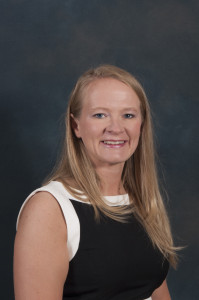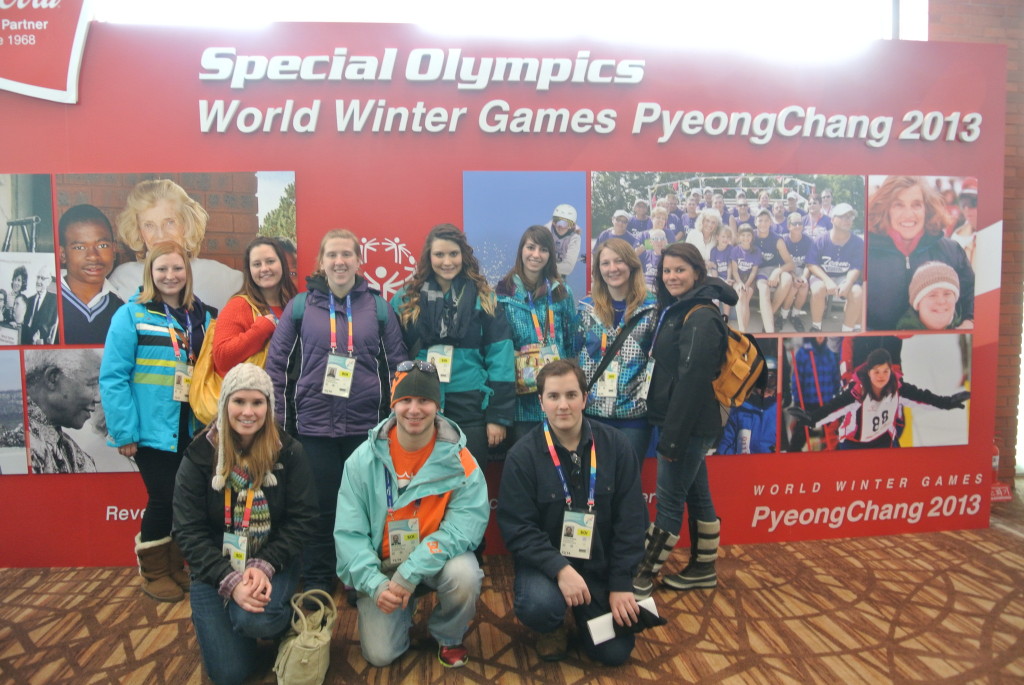 Do athletes from different cultures react to competitive anxiety the same way?
Do athletes from different cultures react to competitive anxiety the same way?
Emilia Flint, associate professor of psychology at Black Hills State University, studied Special Olympic athletes to find out the answers.
Dr. Emilia Flint joined the Black Hills State University faculty in 2010. She teaches Introduction to Psychology, Abnormal Psychology, Introduction to Clinical Psychology, Human Potential and Performance Psychology, and Sport Psychology. She also supervises undergraduate student internships around the Black Hills Region. Dr. Flint received her Ph.D. in Counseling Psychology from the University of North Dakota and has specialized training in rehabilitation counseling and sport and exercise psychology.
Prior to joining the faculty at BHSU, Dr. Flint worked full-time for a college counseling center in Ohio and consulted with and treated NCAA Division I athletes. Furthermore, Dr. Flint has experience working with a wide range of psychological disorders through previous jobs at a hospital and an outpatient clinic. Recently, Dr. Flint took her research team of ten students to the Special Olympics World Winter Games in South Korea. While there, these students got to attend the Global Development Summit on Ending the Cycle of Poverty and Exclusion for People with Intellectual Disabilities and meet some powerful world leaders.
Dr. Flint’s research primarily involves gaining a better understanding of identifying and treating performance anxiety in special populations. Dr. Flint hopes to continue her consultation work with NCAA Division I athletes and within the next few years will engage in a private practice seeing clients on an individual basis.
Athletes & Group Culture

Your palms begin to sweat, you can’t sit still, your heart races. These physical symptoms of anxiety are experienced by athletes before any competitive performance, and have been studied since the mid-1970s. Sport and exercise psychologists have researched the effect of anxiety on the performance of Olympic, college, and high-school varsity-level athletes.
Yet one key group missing from the research are athletes with an intellectual disability, such as those who compete in the Special Olympics. How do they experience and cope with competitive anxiety? And are those experiences linked to cultural patterns?
Our team interviewed athletes competing at the Special Olympics World Winter Games in PeyongChang, South Korea in 2013. We compared the responses of Special Olympics athletes from Individualistic cultures to Collectivistic cultures. We found that athletes who belong to a more collectivistic culture put greater emphasis on the group when compared with the responses of American athletes from a more individualistic culture. For example, when asked who was there to support them in their athletic competition, athletes from a collectivistic culture often responded that “everyone” was there to support them, while the athletes from an Individualistic culture would name specific individuals while using the possessive pronouns such as “my mom” or “my coach.”
The collectivist versus individualist perspective was also analyzed in general patterns of response to questions about motivation for participation in the Special Olympics. Preliminary results suggest that athletes from an individualist culture more frequently respond with personal health benefit as a motive, whereas athletes from collectivist cultures may respond with wanting to make a group proud.
This type of research may impact athletes with an intellectual disability by providing information to their coaches, teammates, and event volunteers ensuring the athletes receive the best-possible care and support related to their overall competitive event experience. Future research exploring cultural similarities and differences at Special Olympics international competitive events can influence what we learn about all athletes at an international competitive event.

